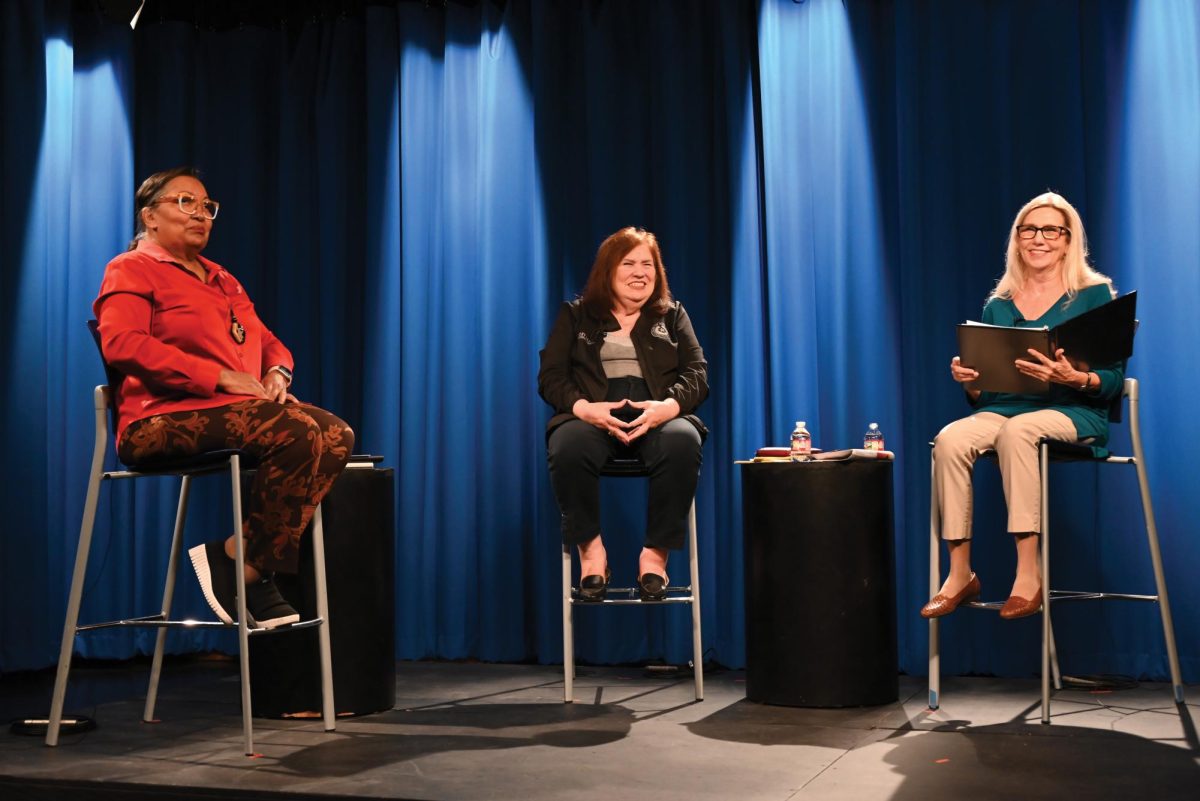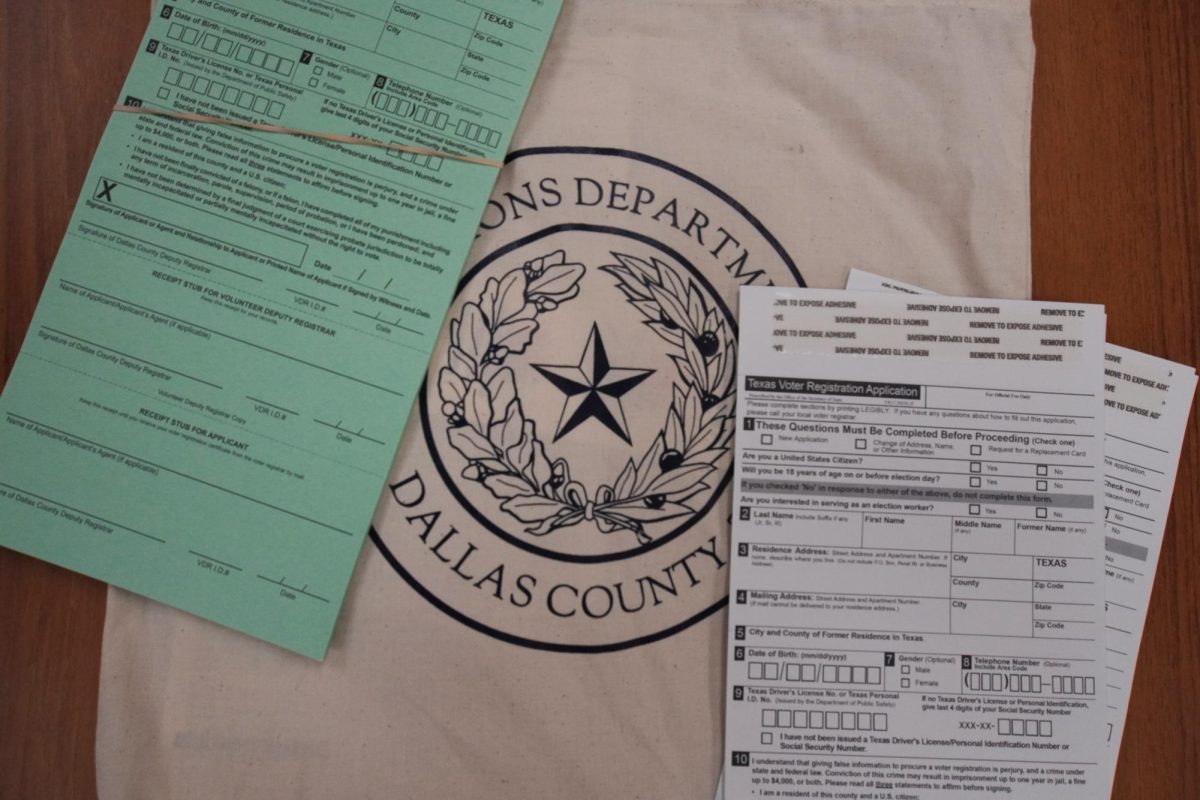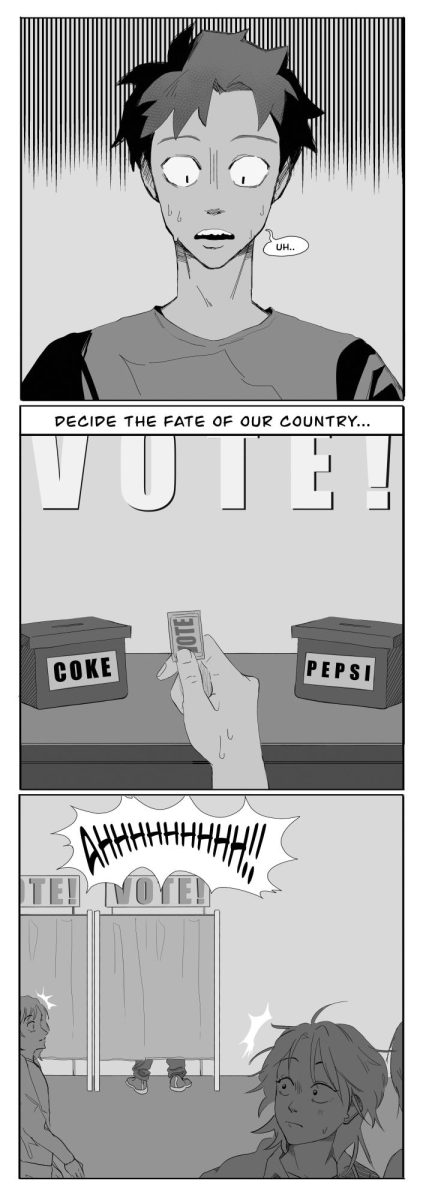Thanksgiving and the winter holidays are right around the corner and, with the 2024 elections recently behind us, some are dreading the upcoming holiday season. Friends and family may be seated around a table with people who do not have the same views as them. While some may be looking forward to the occasion, others are just trying to figure out how to navigate this tension-filled time.
While being home for the holidays and around different relatives and friends may feel like a joyful, yet tumultuous time, there are things one can do to try to keep peace.
“Finding common ground where possible can be a soothing technique,” said Kaitlin Hill, LPC-S, associate dean of counseling and phycological services at North Lake Campus.
The most important thing is not to engage in any arguing Hill recommended. Keep any potential conversations civil and, if they do turn to arguing, try to dispel them.
“Make a positive comment about your person of preference that you can at least agree upon- not the things you disagree on,” Karen Cuttill, M.A. LPC-S at Richland Campus, said. “Remind them that we have four years to see what the other administration can accomplish. It is important to realize that we define ourselves and what others may say about us does not make us those negative things.”
If common ground seems a distant option, or the people you are talking with simply refuse to see eye-to-eye, then pivoting away from the conversation may be the best course of action. It is important to remember that the people we spend time with are, most likely, people we care about.
Sometimes, it is less important to win the argument than it is to preserve the relationship.
“There’s an old adage of ‘are you winning the argument or losing the relationship?’ that I keep in mind as well – considering is it more important to be right or more important to preserve this relationship, if you feel able to do so,” Cuttill said.
There are things that an individual can do to stay calm during this stressful holiday season that can be done regardless of what those around you say or do.
“Practice deep breathing. When things get hostile, that may activate our sympathetic nervous system which drives our “fight or flight” response,” Hill said. “Deep breathing can help calm our system and communicate more effectively. Remember you can be the thermostat!”
“Just because someone is getting escalated does not mean you have to as well,” Hill said. “Using statements like ‘it seems like we’re getting a bit heated here, can we take some of the heat off?’ or even choosing to take a break from a discussion are excellent techniques.”
It is important to remember that even if the environment around you is getting heated, one could always excuse themselves and take a moment for themselves to recuperate and feel better.
“Sit down and focus your thoughts on your breathing,” Cuttill said. “Practice breathing like a swing set- slowly and evenly in and out. Then focus on how your body feels in space.”
“For example, how does it feel to sit in the chair or how do your shoes feel on your feet. Do not focus on the problem but on creating a mature adult tolerant and democratic environment. Think about calming ideas not the problem,” Cuttill said.
However, feeling legitimately unsafe in one’s environment is a completely different situation. In these situations, it is recommended to get outside help.
“Dallas College offers free mental health services for students ages 18 and up,” Hill said. “Taking time to set an appointment to talk with a therapist is a great investment in yourself and a way to help support yourself in a trusting and safe environment. We also offer a lot of programming and events such as anxiety workshops, communication workshops, etc. for students to come, learn and explore topics, too.”
If a student feels unsafe in their home space over the holidays, there are also resources available to them to use.
“Over the break or holidays, there are 24/7/365 resources like the 988 Crisis Line or texting HOME to 741741 to reach the National Crisis Text Line where you can get support.” Hill said.
Other external resources for when the college is closed are available at the link: https://www.dallascollege.edu/resources/counseling/pages/default.aspx.



















